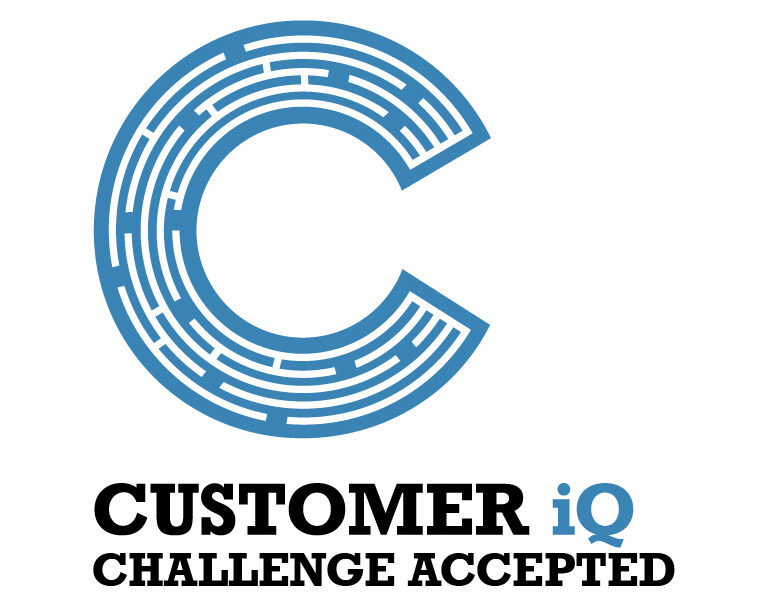Read time: 2 minutes
tl;dr: You should be looking for obvious cues like relevant experience, senior involvement and pricing.
Getting the basics right
When you’re outsourcing any kind of work to help develop your startup or scaling business, there are some basic things that your potential suppliers need to get right:
- Meeting the budget
- Working to deadlines
- Providing the right level of expertise and experience
- Providing you with a solution that works
- Providing references from their clients
To help you make a more informed decision, I would always recommend you seek a quote or proposal from 3 suppliers for a piece of work which requires significant investment on your part.
As you may not have bought research before (or it’s something that you’ve bought infrequently), this will give you an easy way to judge price, their proposed solution and the team involved in delivery.
In fact, I often recommend prospective my potential clients go out and seek additional quotes as well as mine because this always works out better for them in the end.
How invested in you are they?
Going beyond these more fundamental factors, I would want to know more about what working with you and your business means to them.
Are they going to give you the level of service you deserve or are you going to be treated differently to the big accounts that many agencies seem to covet?
I’d be open about this and ask questions like…
- How important is this piece of work to your business?
- What will it mean to you to have [your brand] as a client?
Their responses will be quite telling – are they genuine or just a little bit of new client bs?
What happens afterwards?
In my experience as a buyer of research when I worked client-side, agencies will often be happy to deliver the work and then crack on with their next project for another client.
But as a client who’s just been given a load of interesting and insightful research, one of the biggest challenges is to figure out ‘what now?’
- How do you implement these findings into your business?
- Who’s there to help you do this?
There’s a gap – more like a chasm – between the delivery of research and its implementation. If I were you, I would want to know how much the agency can be on hand to help you.
- How willing are they to get involved with this phase of work?
- Are they seeking to charge you more for this level of service?
These kinds of questions will reveal a lot about their commitment to you and the development of your business.
Who’s going to be involved day-to-day?
Crucially, it is the day-to-day involvement I would be keen to understand. I’ve experienced the classic scenario where a Director pitches the work and once won, a junior team works on the project day-to-day.
That might be ok – that’s how agency models often work and that’s how junior researchers gain experience. But you deserve to know this upfront otherwise you may be disappointed with the service you get.
What happens if things go wrong?
Buying research is a risky business.
Asking questions about the risks involved with research and working with them are, again, less typical questions to ask your potential supplier.
Answers here can be revealing – from “Don’t worry, nothing will go wrong!” to “Great question, let’s discuss this because there are potential risks involved that we should discuss and manage before we start…”
To really help you find the right supplier, ask questions like:
- How important your work is to them
- What kind of service do they provide afterwards
- What happens if things go wrong?
- What and how much do you expect from me?
With any kind of agency-client relationship, there will need to be input from both sides.
As a client, you’re likely to need to be available to feedback and sign-off on key documents such as a recruitment spec, a questionnaire or interview guide.
Knowing what you need to do to keep the project moving and reach a successful outcome (successful outcome = a research project that answers your objectives) is important to understand up front and avoid problems further down the line.
In my 25 years working in research, I’ve delivered and bought a lot of research.
If you would like to have a chat about how you can ensure the success of your research purchase, do get in touch.
Thanks for reading.











